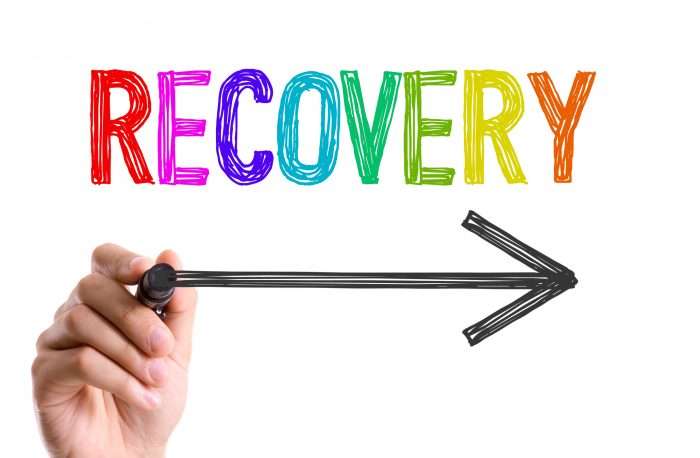For many people, a sober home is a cornerstone to recovery after completing inpatient rehab San Diego. Sober homes allow people to engage and live with other people who are also in recovery. Building a new community and surrounding yourself with sober people is one of the most important foundations of recovery.
However, not everybody has a good experience at a sober home. In this article, we will help you decide whether or not you should live in a sober home yourself. Plenty of people are able to finish their recovery without living in one.
What is a sober home?
A sober home is a facility designed to house people who have freshly entered recovery after finishing inpatient rehab. Recovering drug and alcohol users tend to stay in a sober home for 1 to 2 years.
The purpose of a sober home is to address one of the most difficult aspects of transitioning into sobriety: the extreme change in the social dynamic. By the time they are in full-fledged addiction, many people have lost contact with their old friends. Most of their connections are fellow drug users with who they may or may not share an actual bond. In most cases, they do not.
Since it’s incredibly important to avoid interacting with drug users during recovery, many in recovery are left feeling isolated. After years of engaging socially with other drug users, interacting with sober people is unfamiliar territory. Sober houses can help bridge this gap.
Weighing the pros and cons of a sober home
As can be expected with anything, there are both positive and negative aspects to the sober home lifestyle. Whether or not a sober home will help you is a matter of personal preference and experience.
Remember, the first days, weeks, or even months at a sober home might be uncomfortable. The experience of meeting new people, opening up authentically, practicing new skills, and learning how to work with others can be uncomfortable or downright frightening – even for people who are used to it.
However, these are some of the most important skills for anybody who wants to be the best version of themselves. Try not to let the discomfort factor into your decision and remind yourself that this feeling means that your comfort zone is expanding and that you are becoming stronger and more resilient.
Benefits of a sober home
- Helps you connect with sober people
- Medical staff may be on-site in case of emergencies
- Shared activities with housemates can help you discover new hobbies
- Allows an opportunity to practice the things you learned in therapy
- Provides a safe space to discuss your cravings and triggers should they arise
- You will be surrounded by constant support and like-minded people interested in similar goals
Cons of sober homes
- You may not be allowed visitors, This can make it difficult to see old friends or maintain a relationship
- There may be strict rules and curfews
- You may not get along with your housemates
- Some of the housemates may not be there by personal choice and therefore may continue to use drugs while in the house. This can be immensely triggering a hindrance to your recovery
Conclusion
Sober homes are very helpful when they work out. They can connect recovering substance abusers with other sober and like-minded people who can work together on their recovery.
Unfortunately, when sober homes don’t work out, the ramifications can be fairly drastic. Residents of the homes may still be in active addiction which can provoke relapse in the other members.
Ultimately, you must weigh the pros and cons of sober house living before deciding whether or not it seems like the right option for you. First, make sure you successfully complete your inpatient rehab San Diego.


